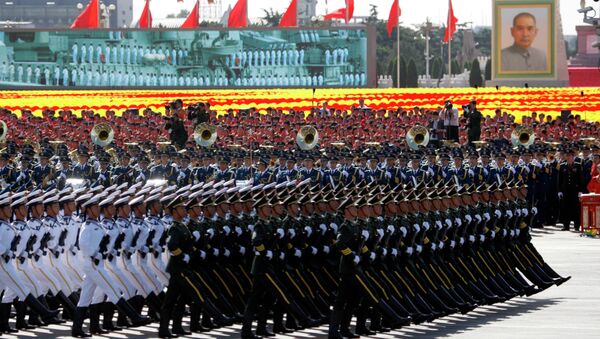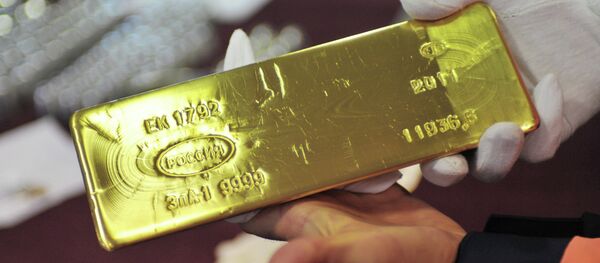Washington is not ready to concede its superiority to Beijing in Asia, and since neither side wants a cold war, the best offer on the table is a "frosty peace," Philip Stephens, an author and a political expert, pointed out.
"The terms of the global order during the 21st century will be set above all by the three ‘C’s in the Sino-American relationship. So far co-operation and competition have sat uneasily alongside each other, but there is only a short distance to the third C, conflict," Philip Stephens underscored.
Indeed, the Chinese leadership has recently launched a series of ambitious infrastructural projects in Asia, strengthened its presence in the South China Sea, and established the Asian Infrastructure Investment Bank (AIIB), considered by experts as a potential alternative to the US-led Bretton Woods financial institutions.
Although China does not plan to expel the United States from East Asia in the near future, it is obvious that the region's powers will soon gain control of their geopolitical affairs, "presumably with China's leadership," the author highlighted.
According to China's officials, the West is stuck in its old thinking; Washington's network of bilateral alliances, on the other hand, is just a "hangover from the cold war."
Citing the Carnegie scholar Ashley Tellis, Mr. Stephens pointed out that the US political establishment is intended "to draw together all the elements of US power" in order to maintain America's "primacy" in East Asia.
"Primacy is the neuralgic word here for some US allies as much as for Beijing. The legitimacy of the US presence in the western Pacific rests on the simple fact that many other governments want it to remain as a counter to China," Philip Stephens stressed.
At the same time, facts on the ground indicate that Asian powers, neighboring with China, have a strong lucrative interest in getting on with Beijing.
That means that Washington's efforts to establish its own "world order" in that part of the globe could lead to a serious conflict of interests.
Since neither side wants to be engaged in a direct military confrontation or a cold war, it seems that the best offer on the table may be a "distinctly frosty peace" between Beijing and Washington, the expert concluded.







